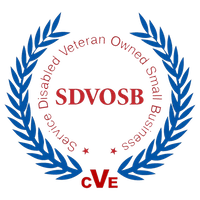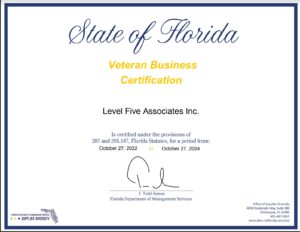“If Passion drives, then let Reason hold the reins.” — Benjamin Franklin
Hopefully, all of us have been able to serve with leaders at some point in our careers who demonstrated a tendency toward sound judgment – “interpretation of the evidence that points to the right choice.” [1] When confronted with difficult circumstances, widely differing views, and a high degree of uncertainty, the best leaders always seemed to be able to make a judgment call that was best for the organization.

So how do we become one of those leaders? What are the key tools for our leadership toolbox that we can apply consistently to give us the best chance for success when our time comes to make the judgment call?
When I look back on my career and assess the times when I didn’t make the right call, one key lesson stands out – I didn’t have enough “evidence that points to the right choice.” I have seen the same mistakes in judgment made by other leaders, too. The thread here is that most of us didn’t get the right information.
Why? Because we did not train our leaders to understand the value of providing us with the evidence we needed to interpret. The volume of evidence is not the issue; it’s the quality of it. As one experienced senior executive described it:
“Information overload, particularly with written material, is another problem. It’s not surprising that CEOs with huge demands on their time and attention struggle to get through the volume of emails and briefing papers they receive. As a director of a large listed company, I would get up to million words to read ahead of a big meeting.” [2]
Seriously?? How do we expect any leader in this environment to make an informed judgment call?
My recommendation – establish the Executive Summary process in your team. For each agenda item, train your team to provide you with a 1-page Executive Summary for discussion or decision. You can use any format you like, as long as it gets to the point. What is the problem we are addressing? What are the facts bearing on the problem? What are our courses of action? Which one do you recommend, and why?
I believe you’ll find your discussions become more constructive; your meetings are more effective; and most importantly, you’ll make many more judgment calls that are right for your organization.
(For more on how to deal with the modern world of continual information streams, feel free to take a look at my “Leadership in the Information Age” series of video blogs.)
Enjoy the journey!
[1] “The Elements of Good Judgment: How to Improve Your Decision – Making,” by Sir Andrew Likierman in The Harvard Business Review, January-February 2020, p.104.
[2] Ibid, p. 105.
Did you find this blog post beneficial? If so, please consider sharing it with your audience using one of the choices below. It’ll just take a second, but it could improve someone’s work habits for a long time to come.





